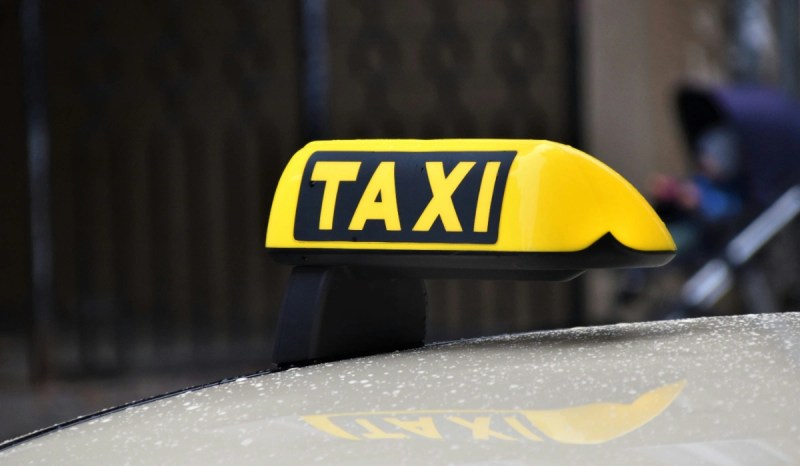Planning Spain in 2025? From Barcelona’s Gaudí dazzlers to Andalusia’s patios and pintxos in the Basque Country, Spain is wonderfully welcoming – but it runs on its own rhythms. Here’s a crisp, India-focused guide to travel-safe, speak-smart, and blend in with ease.
Table of Contents
ToggleSafety at a Glance
- Overall vibe: Spain is a popular, generally safe destination. Big-city risks are mostly petty theft (pickpocketing and bag snatching) in crowded areas, metros, and tourist sites.
- Emergency numbers: Dial 112 anywhere in Spain for police, fire, or medical emergencies. You may also see 091 (national police), 061 (health emergencies), and 080 (fire brigade).
- What to do if you’re pickpocketed: Go straight to a police station to file a report (you’ll need it for insurance). Keep digital copies of your passport/visa and lock your phone with strong passcodes.
- Practical prevention: Wear your backpack in front in crowded areas, use a crossbody bag with zips, split cash/cards, and avoid leaving phones on café tables by the street.
Metro & street smarts
- Stay alert on escalators and train doors (classic “bump-and-grab”).
- If someone “helps” with stains, petitions, or dropped rings, decline politely and move on.
- In nightlife zones, watch your drink and stick to licensed venues.
Health & Emergencies
- 112 is the all-in-one European emergency number – operators can coordinate in multiple languages. Save it on your phone and teach travel companions to use it.
- Pharmacies (farmacia) are common; look for the green cross. Buy travel insurance that covers medical care, theft, and flight disruptions (also required for Schengen visa – see below).
Visa & Entry (Indian Passport Holders)
- Visa type: Short-stay Schengen visa (up to 90 days in any 180-day period). Apply through Spain’s Embassy/Consulates (processing in India is handled by BLS International).
- Passport validity: Must be valid at least 3 months beyond your planned Schengen exit and issued within the last 10 years.
- Documents: Confirmed itinerary/accommodation or invitation letter, travel insurance (mandatory), financial means, and purpose of travel.
- 2025 note: BLS India highlights that all applicants must appear for biometrics on appointment day (effective 22 May 2025). Check BLS notifications and book early in peak months.

Language: Speak-Smart Basics
- Spain’s national language is Spanish (Castilian); several regions have co-official languages: Catalan/Valencian, Basque (Euskera), Galician, and Aranese (Occitan). You’ll see bilingual signs in Catalonia, Basque Country, Galicia, Valencia, and the Balearic Islands.
Helpful Spanish phrases
- Hello/Bye: Hola / Adiós
- Please/Thank you: Por favor / Gracias
- Excuse me/Sorry: Perdón or Con permiso
- Do you speak English?: ¿Habla inglés? (formal)
- How much is this?: ¿Cuánto cuesta?
Politeness tip: Use “usted” (formal “you”) with service staff or elders; you’ll hear “tú” among friends.
Etiquette: Blend In, Don’t Stand Out
- Greetings: Handshakes are common on first meetings; among friends you may see cheek kisses (dos besos).
- Dining rhythm: Lunch is typically 1–3 pm; dinner 9–11 pm (earlier in tourist zones). Don’t be surprised if kitchens open later than in India.
- Tipping: It’s discretionary, not expected like in North America. Round up small bills; leave a couple of euros for great service; 10% is generous at upscale places. Card machines often ask about tips – feel free to select no tip if service charge exists.
- Dress code: Smart-casual works nearly everywhere. Cover shoulders/knees in churches and monasteries.
- Beaches & streets: Swimwear is for the beach/pool – not city streets. Some municipalities can fine shirtless/beachwear in town centers.
- Noise & queues: Keep voices moderate indoors; queue patiently; say buenos días when entering small shops.

Money, Phones & Power
- Currency: Euro (€). Cards and contactless payments are widely accepted; keep a bit of cash for small cafés, markets, or rural stops.
- ATMs: Use bank ATMs to avoid high fees from independent machines.
- Power sockets: Spain uses round-pin European sockets (Type C/F); mains supply is AC ~220V, 50Hz. Bring a universal adapter and check device compatibility.
- Connectivity: eSIMs are easy to buy; free Wi-Fi is common in cafés and museums.
Getting Around Safely
- Cities: Metros and buses are reliable; validate tickets to avoid fines. Late-night buses (búhos) operate in big cities on weekends.
- Taxis & ride-hailing: Official taxis are metered; ride-hailing apps operate in major cities. Confirm car plate before boarding.
- Driving: Urban parking can be tight/paid; use park-and-ride or trains for day trips.
Respect Local Rules (Quick Wins)
- Alcohol: Public drinking is restricted in many cities; fines apply (look for “botellón” bans).
- Smoking: Prohibited inside public buildings and on most public transport spaces; follow posted signs.
- Valuables: Hotels often provide safes; carry only what you need day-to-day.
Women, Solo & Family Travelers
- Spain is broadly comfortable for solo women and families. Dress as you like; use common-sense precautions at night. In crowded areas, adopt the phone-in-bag rule and pre-book late-night rides.
Handy Checklist (Save This!)
- Documents: Passport, Schengen visa, travel insurance, confirmed bookings.
- Emergency: Store 112 in your favorites.
- Money: 1–2 cards + some cash; enable international usage and SMS alerts.
- Power: Universal adapter; devices rated for ~220V.
- Safety kit: Crossbody/anti-theft bag, offline maps, photocopies of passport/visa.
Summing Up
Spain rewards travelers who lean into local rhythm – late dinners, long chats (sobremesa), and regional pride. Keep your essentials secure, know 112, master a few Spanish phrases, and respect light-touch etiquette (modest dress in temples, moderate tipping, beachwear off the streets). With the right visa and insurance sorted ahead of time, you’ll find Spain as easygoing as it is unforgettable. ¡Buen viaje!



